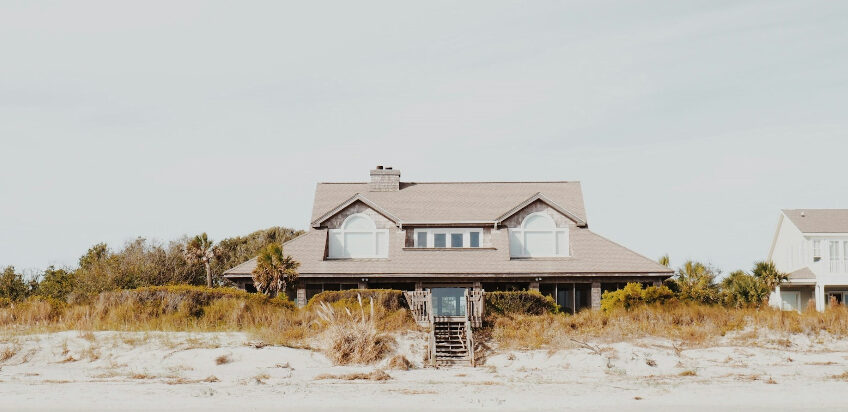Owning property along New Jersey’s picturesque coastline can be both a dream come true and a legal challenge. With the state’s extensive shorelines come unique regulations designed to protect natural resources, manage public access, and mitigate environmental risks. Whether you’re a prospective buyer or a long-time coastal property owner, understanding the legal landscape is essential to navigate the complexities of ownership successfully.
Public Access Laws: Balancing Private Rights and Public Interests
New Jersey’s coastline is subject to the Public Trust Doctrine, which grants the public the right to access and use tidal waters and adjacent shores. This means that even if you own beachfront property, you may be required to allow public access to certain parts of your land, such as the area below the high tide line.
Key Considerations:
- Property owners must be aware of access easements that may exist or be required under local ordinances.
- Courts often side with public access when disputes arise, especially for traditional activities like fishing, swimming, and walking.
- Some towns require property owners to maintain pathways or entrances for public use, which may come with upkeep responsibilities.
Coastal Zone Management Regulations
The Coastal Area Facility Review Act (CAFRA) governs development along New Jersey’s coastline. This law is aimed at protecting sensitive ecosystems while regulating construction and land use.
Important Restrictions:
- Permits are required for any new construction, major renovations, or land alterations within designated coastal zones.
- Regulations cover everything from setbacks to dune preservation and erosion control measures.
- Violations can result in significant fines and delays in project approvals.
Flood Zones and Insurance Requirements
Many coastal properties in New Jersey fall within flood-prone areas, making flood insurance a critical consideration. The Federal Emergency Management Agency (FEMA) designates flood zones that dictate insurance rates and construction requirements.
Impacts on Property Owners:
- Homes in high-risk areas must adhere to strict building codes, such as elevating structures above base flood elevation.
- Flood insurance premiums can be a significant expense, and failure to maintain coverage can jeopardize mortgage agreements.
- Rising sea levels and climate change may expand flood zones, increasing long-term risks for property owners.
Environmental Protections and Restrictions
New Jersey’s Department of Environmental Protection (NJDEP) enforces regulations that protect coastal wetlands, dunes, and habitats. These rules often limit how property owners can modify their land.
Examples of Restrictions:
- Filling or draining wetlands is prohibited without a permit, and even minor violations can lead to hefty penalties.
- Removal of vegetation on dunes is tightly controlled to prevent erosion and maintain storm protection.
- Some properties may be subject to conservation easements, which permanently restrict development to preserve natural resources.
Property Disputes and Boundary Challenges
Coastal property boundaries can shift due to erosion, accretion, or storm damage. These changes often lead to disputes between property owners and municipalities or neighbors.
Common Disputes:
- Conflicts over expanding or shrinking shorelines and who holds title to newly formed land.
- Disagreements regarding repairs to shared infrastructure, such as bulkheads and seawalls.
- Challenges to property assessments or tax obligations related to changing boundaries.
Tips for Coastal Property Owners in New Jersey
To navigate these complexities, consider the following tips:
- Hire experienced professionals: Consult with attorneys, surveyors, and environmental consultants to ensure compliance with laws and regulations.
- Stay informed: Keep up to date on local and state ordinances, especially regarding public access and environmental protections.
- Be proactive: Invest in erosion control measures and maintain proper insurance coverage to mitigate risks.
- Understand your rights: Know when public access is required and when you can enforce your private property rights.
Conclusion
Coastal property ownership in New Jersey comes with unparalleled views and recreational opportunities, but it also requires a thorough understanding of legal obligations and risks. From public access laws to environmental regulations, property owners must balance their personal interests with the state’s commitment to protecting its shoreline.
By staying informed and working with knowledgeable professionals, you can enjoy the benefits of coastal living while ensuring compliance with New Jersey’s complex legal landscape. If you’re facing challenges or have questions about your coastal property, consulting with an attorney experienced in property law is a crucial first step.
